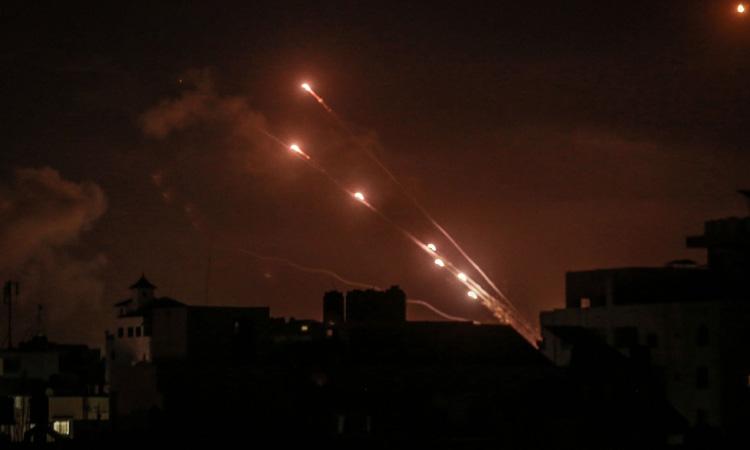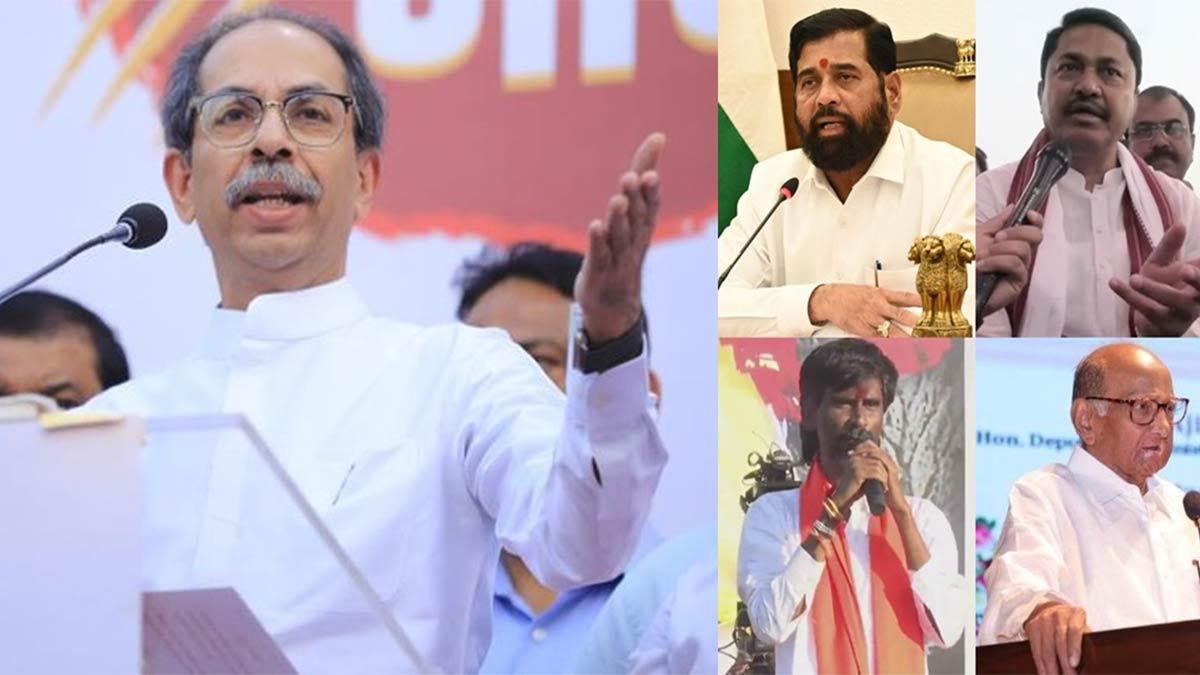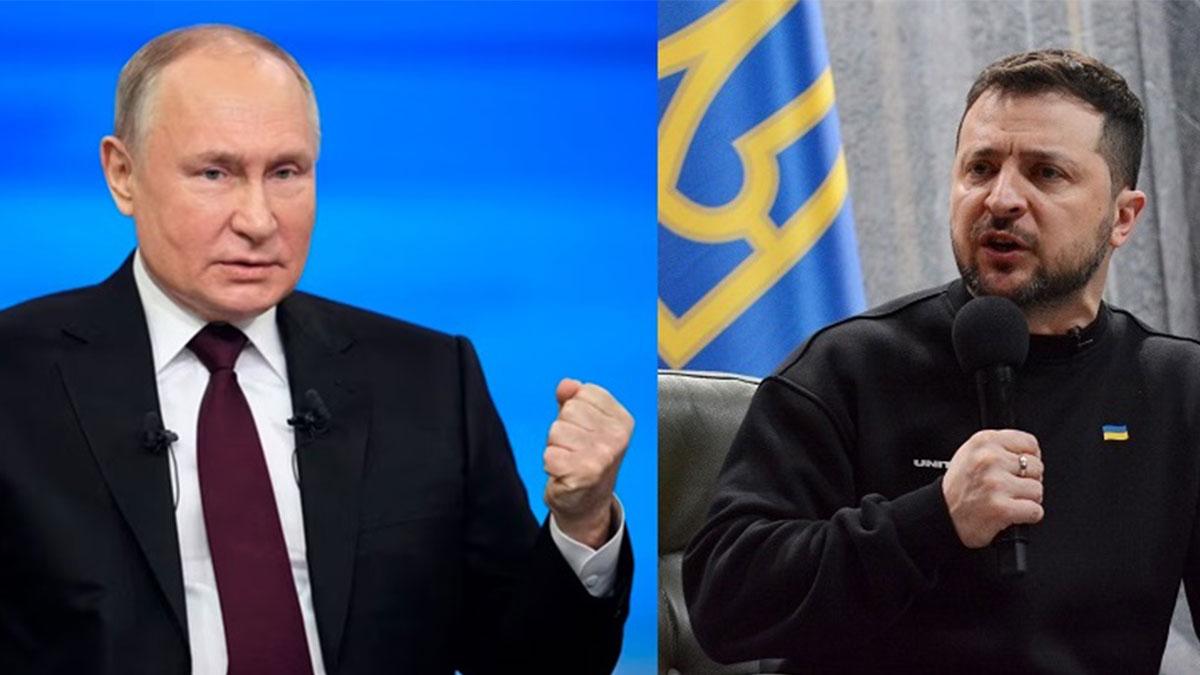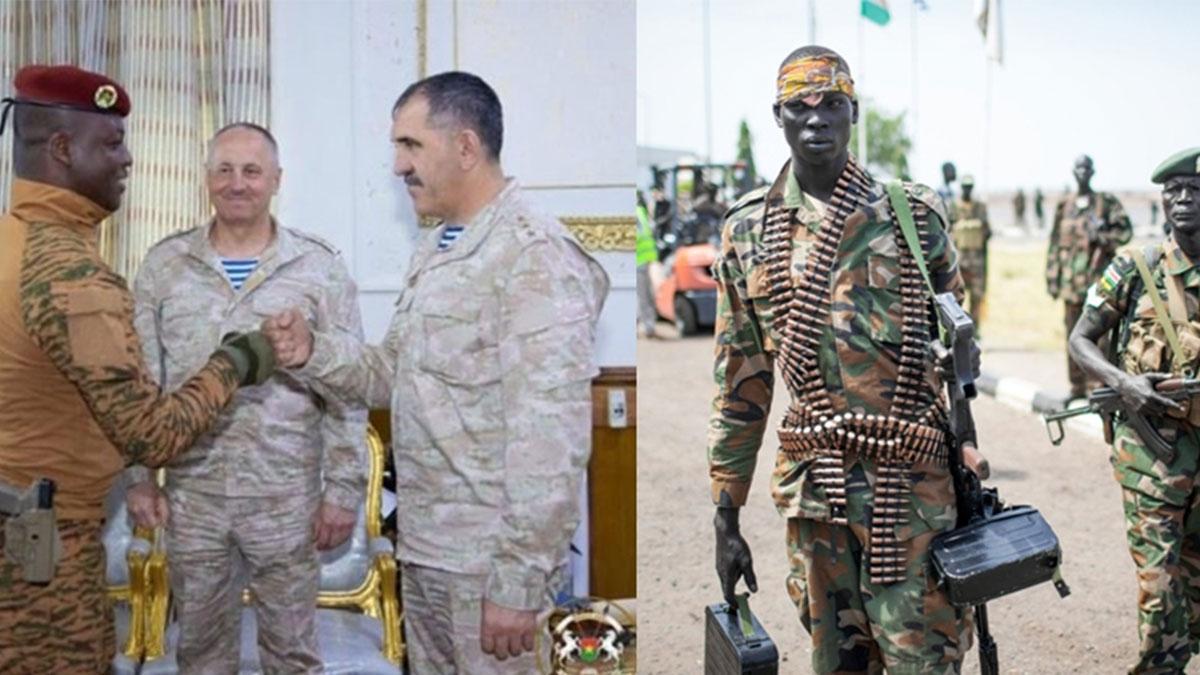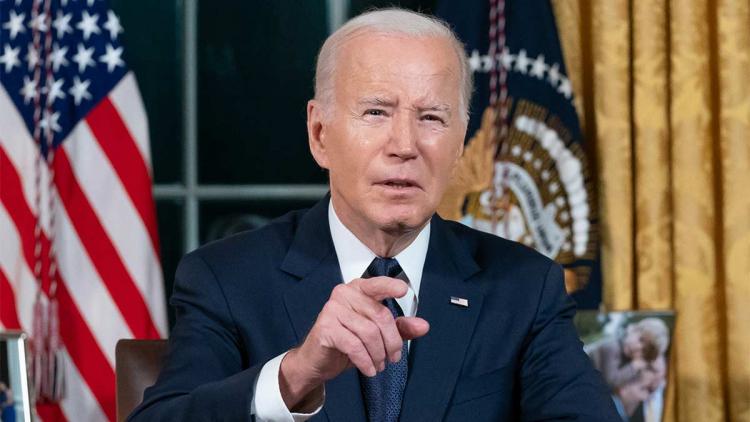The recent spell of violence lasting eleven days in which rockets fired on Israel from Hamas-controlled Gaza and the deadlier missile offensive of Israel that demolished entire buildings on the other side resulting in loss of some 250 civilian lives including children -- mostly Palestinians -- was the culmination of a simmering conflict in East Jerusalem around the Al Aqsa mosque sparked off by the action of Israel Police in not letting the local Muslims assemble at the mosque in course of Ramadan.
The conflict between Hamas and Israel is fundamentally about the claim on what is the third most important religious site for Muslims after Mecca and Medina and the Temple Mount, the holiest place in Judaism -- both located in the same premises. It is on the mediation of Egypt that Hamas and Israel accepted a cease-fire -- even as the UNSC failed to bring about any agreement despite several meetings, on account of differences amongst the members on familiar political lines. The whole episode is yet another warning that a conflict on religion had the potential of precipitating a 'war'.
The Biden Presidency is adopting an even-handed approach while retaining its special equation with Israel. India has also chipped in with its support for the two-state resolution but unlike in the past it does not show any pro-Palestine tint. That the ceasefire could at best be a fickle truce was manifest in the fresh trouble that blew out between Israel Police and Muslims gathered at the Mosque for Friday prayers on May21, hours after the agreement was made public.
Read Also | On Kashmir, UNGA President might have got it all wrong
In the play of religion, the familiar tussle between the secular nationalism of PLO and the rising hold of Hamas -- an offspring of Muslim Brotherhood with its deep commitment to the establishment of an Islamic state in Palestine -- had been a prime determinant of the developments there in the era of Cold War. Hasan al-Banna, the Islamic thinker who established Muslim Brotherhood in Egypt and Syria in 1928, was driven by the desire to replace the regimes there with an Islamic rule that would base itself on the puritanic message of Quran.
There is consequently a three-way division in the Muslim world as of now -- Islamic radical forces with their acolytes spread across geographical boundaries, Saudi Arabia and UAE at the helm of OIC being totally in the US camp and an emerging group of Pakistan, Turkey, Malaysia and Qatar which had no problem with either radical Islam or Muslim Brotherhood and was not willing to toe the American line in geopolitics.
President Biden views the world through the lens of human rights and is apparently not bothered so much with ideological and religious divides, which explains his line of moderation towards the 'threat' of radicalisation, silence on Pakistan -- a country viewed by the international community as a harborer of Islamic militants -- and endorsement of the politically guided two-state solution in Palestine without relaxing on the staunch defence of Israel.
What would not go unnoticed by India is Biden's refusal to call Islamic terrorists or to decry Pakistan's military alliance with China that had a strategic 'give and take' basis. As an upshot of these shifts, Hamas and PLO may hopefully be pushed towards political reconciliation and coexistence with Israel.
Read Also | Social media row: Indians can't be treated as guinea pigs anymore
The world had been moving fast towards faith-based 'wars' and it is to be seen if the trend of a visible shift towards a 'political' bipolarity between US and China would remain free of the added aggravation of a religious conflict. Unfortunately, in our side of the globe the Sino-Pak alliance represents this dangerous mix and India has to formulate a strategy that enables it to handle Islamic militants set upon India by Pakistan while the country negotiates its own position as an independent global power on the emerging world scene.
India has to maintain a close relationship with the US as the lead player of the democratic world, be an active part of the multilateral group like QUAD for the security of the Indo-Pacific against Chinese incursions, deal with the two hostile neighbours on the borders, keep up the policy of punishing Pakistan for any mischief in Kashmir or elsewhere and counter its manipulations in Afghanistan and finally use its own political and economic strength and influence to emerge as a major power on the global stage in general and in South Asia in particular.
A threat specific to India is from the unhindered plans of Pakistan, encouraged by Sino-Pak alliance -- to use radicals and extremists for its 'proxy war' against India. It got affiliates of Al Qaeda and ISIS to make their appearance in Kashmir and could draw in elements of Hamas, wedded to Jamaat-e-Islami's doctrine of Islamic state, to join the subversive forces there as well.
(The writer is a former Director Intelligence Bureau)

